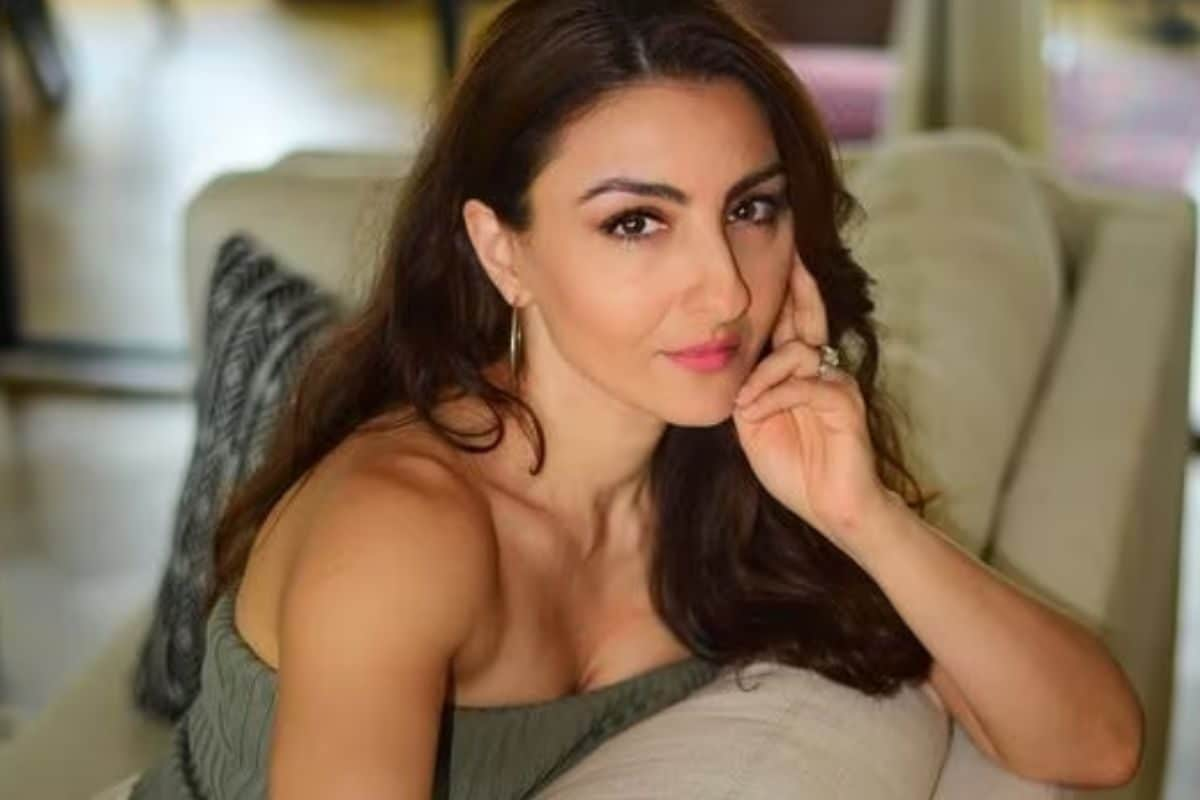When I was five, my parents bought me a piano. It was a very East Asian thing to do. East Asian parents tend to buy their children either a piano or violin and sign them up for lessons, and for me it was the piano.
It was a dark mahogany Baldwin, and a novelty for me to sit on the bench and swing my legs, my feet just grazing the floor. An ingrained memory: my piano teacher looking at me sternly as I started playing a tune I had heard. I could listen to songs such as “Somewhere Over the Rainbow” and then play the tune perfectly on the piano, but my teacher didn’t necessarily like that I didn’t play “by the book”, never mind that I might have been exhibiting signs of musical genius.

After a hiatus, I had a new piano teacher – an elderly woman who also led the church choir. My sister and I both took lessons from her and even performed at a concert held in her living room. But I disliked the metronome and found it somewhat scary (to me, it resembled an ancient device of torture).
After I decided to disregard it and play instead to my own beat, my teacher suggested I find something else to my liking other than the piano. I was 11 – and I decided that I would play the piano in my own time and just the way I liked. After my parents divorced, when I was 16, the piano disappeared (likely donated) and was never mentioned again.
Yet, despite the litany of disapproving piano teachers who quit and the disappearance of my childhood piano, I never lost my love for the instrument. I missed the weight of the keys and the syncing of the left and right hands that magically produced something beautiful. After a long day at work, I would listen to a piano piece on my smartphone and it would perk me up.
At church, I secretly revelled in the hymns because they were accompanied by the piano. 00:57 Talented Chinese girl plays piano and guzheng at the same time All this may very well be true. But for young children, being forced to learn a musical instrument can also, sadly, strip them of a lifelong enjoyment of it.
Perhaps it is no accident that most of my friends who were forced to play as children no longer do – not even a little. Why not consider a cultural shift where playing a musical instrument becomes a personal choice and a hobby? Life only gets more stressful and it’s good to keep some things as a joyful distraction. Fast forward to today and I have reclaimed the piano.
It was a bit of serendipity that I found a piano teacher last summer. She has a special place in her heart for teaching adults. Considering our busy work schedules, she said we could practise whenever we had time.
Twice a year, she hosts a piano soirée for her adult students. “It’s not a concert,” she said. “It’s a fun gathering with good food.
” And so, on a late autumn day, I played the piano with other adults (many retired and well into their 70s), and our teacher, who came with a piece too. Our significant others were the captive audience. Everyone fumbled a little and when that happened, we all paused patiently.
We all received an ovation. After a delicious dinner, we were motivated to keep on practising and return for the next gathering. Most importantly, we were playing for ourselves.
Amy Wu is a Chinese-American journalist based in New York and California. A native New Yorker, she writes about cross-cultural issues.



















